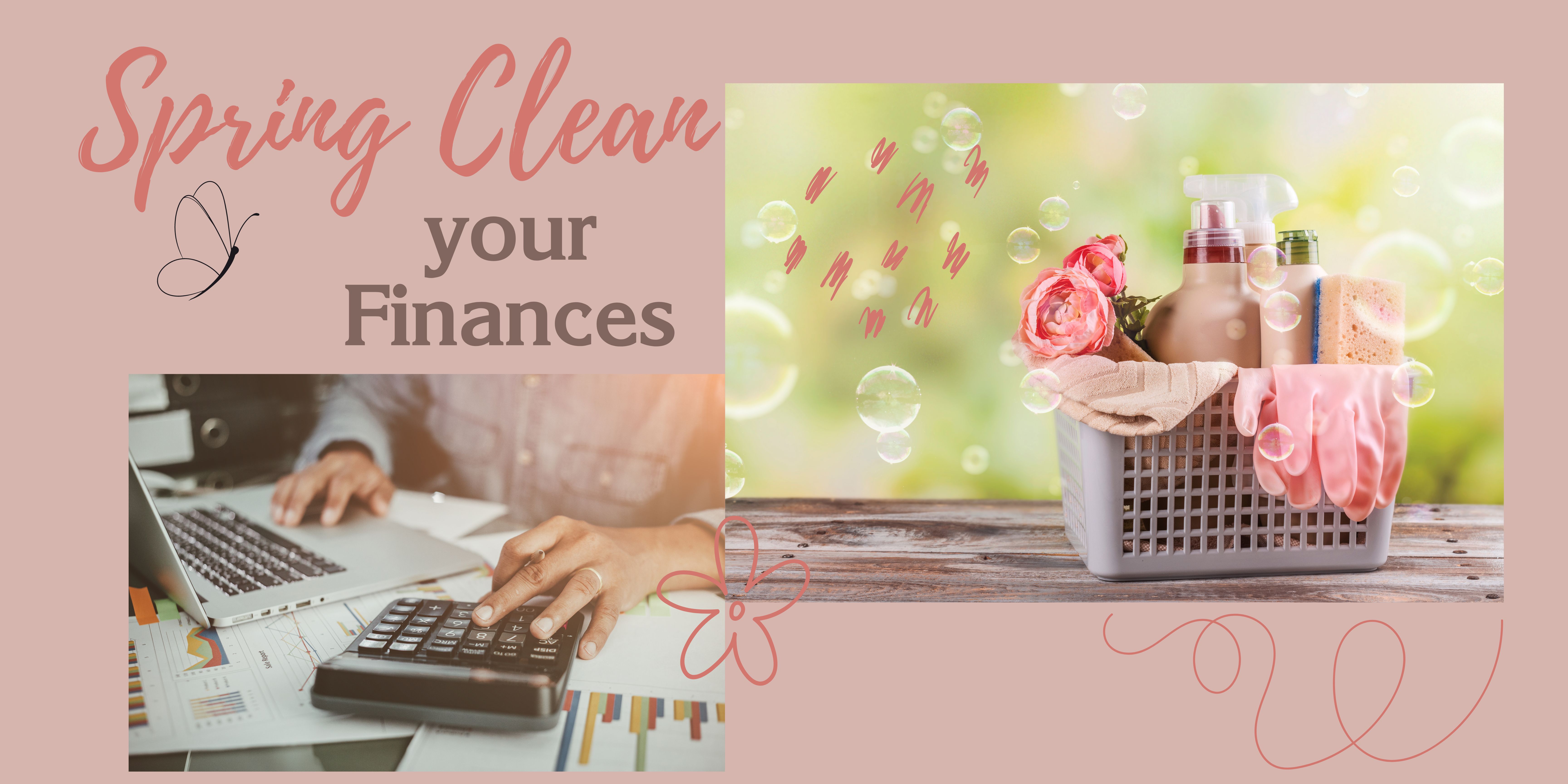
1. Request a free credit report
You can request a free credit report every 12 months from Annual Credit Report. It's important to review your credit report periodically so you can check for and correct any errors. This is especially important if you have any big purchases coming up like buying a new home or car. Use this link for the Consumer Financial Protection Bureau for important items to check when reviewing your credit report CFPB Website
2. Address debt
If you're facing a large debt or your payments are overdue, your first instinct may be to ignore the debt or hope it goes away. That could make things worse and may lead to more stress later. It's important to review your bills and make sure you understand what you owe. Using a bill tracker can help you stay on top of your payment due dates. It's always a good idea to keep the lines of communication open with your lender. You may be able to change your payment due date if it can help you budget more effectively.
3. Review your spending
After looking at your monthly credit card statement, have you ever wondered where all those charges came from? Have you found yourself swiping your credit card before you've had a chance to think about it?
Gain control over your credit card spending by taking a close look at your credit card purchases over the past couple months. If you're looking to cut back, try breaking down necessary expenses vs. wants. Once you see how you’re spending, try Creating a rule to live by to make sure you stay on track. These kinds of simple personal guidelines, such as using cash for smaller purchases, make it easier to stick to your goals over time.
4. Save automatically
After checking your budget, you may see some more opportunities to boost your savings. For example:
- If you have a bank account and direct deposit, you may be able to arrange to automatically deposit some of your paycheck to a savings account every time you're paid, instead of all of it going into a checking account.
- You can check with your employer to see if it’s possible to split your paycheck into two accounts. You may also be able to transfer some of the money in your checking account into a savings account.
- You can check with your financial institution to see if you can set up automatic transfers.
- You may also be able to use a prepaid card to set aside money for savings.
When you save for unexpected expenses, you can handle them when they happen without having to skip other bills or borrow money. Start with $500 as your goal. This is enough to cover a lot of common emergencies, like car repairs, a plane ticket to care for a sick family member, or smaller medical costs.
The Pathway Bank Team is available to assist you with your financial questions. We pride ourselves on being Your Premier Community Bank.

